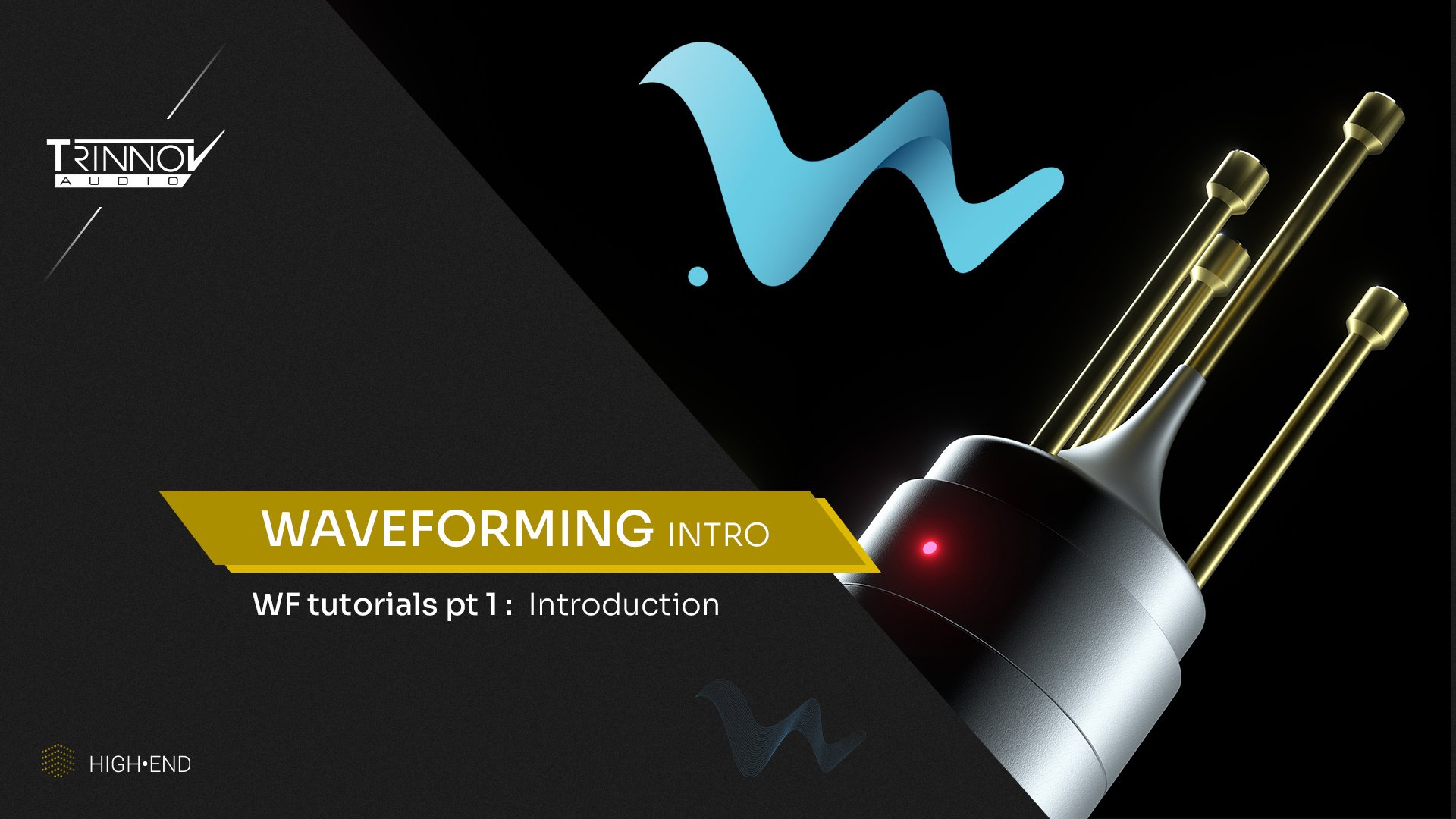WaveForming is available
Here's everything you should know to get started !!

WAVEFORMING STARTER KIT
Our revolutionary technology WaveForming is now publicly available to all Altitude16 and Altitude32 users.
WaveForming can be downloaded as a free software update, once again proving the unrivalled sustainability of an Altitude AV Processor.
We created this webpage to group all the resources you need to implement WaveForming in your system.
We also produced a series of video tutorials.
Here is the introduction, and the link to the full series is available in the Ressources section below.
WHAT IS WAVEFORMING?
WaveForming™ is a revolutionary new approach to reproducing bass in “small” rooms – meaning, rooms you might have in your home, as opposed to full-sized concert halls and such.
These ‘small rooms’ have dimensions similar in size to the sound waves we perceive as bass. At specific frequencies where the wavelengths match the room’s dimensions, their reflections reinforce or cancel the direct sound from the speakers, causing ‘standing waves’ that introduce variations of as much as 20- or even 30-decibels in different parts of the room.
These ‘small rooms’ have dimensions similar in size to the sound waves we perceive as bass. At specific frequencies where the wavelengths match the room’s dimensions, their reflections reinforce or cancel the direct sound from the speakers, causing ‘standing waves’ that introduce variations of as much as 20- or even 30-decibels in different parts of the room.
Subjectively, this means that people sitting in different seats in the room hear radically different amounts of bass.
To make matters even worse, these low-frequency, really long waves bounce around for quite a long time. The reflections cause a lot of low-frequency ‘mud’ that obscures the direct sound that you’d like to hear coming from the speakers.
To make matters even worse, these low-frequency, really long waves bounce around for quite a long time. The reflections cause a lot of low-frequency ‘mud’ that obscures the direct sound that you’d like to hear coming from the speakers.
WaveForming addresses both of these problems with the unique ability to control how the bass moves through the room and by then actively absorbing that energy when it has traveled the length of the room.
In order to achieve such control, WaveForming uses many advanced signal processing techniques from Trinnov such as Acoustic Reshaping, 3D WaveFront Synthesis or MSMC (multiple sources, multiple controllers), .
The bass decay time is dramatically reduced, allowing you to hear detail and dynamic contrasts that were previously lost in the ‘mud.’
And in optimal implementations of WaveForming, seat-to-seat variations are typically reduced to 1-2 decibels across the entire listening area.
Such improvements can truly be transformative and change the way you experience sound.
TESTIMONIALS






FREQUENTLY ASKED QUESTIONS
Before you start browsing through the resources on this web page, please read the responses to WaveForming's most frequently asked questions.
Who can benefit from WaveForming?
WaveForming is an active acoustic processing technology developed by Trinnov's research team since 2017. It is exclusively available on our range of Altitude AV Processors. As a result, any Altitude owners with a least 4 discretely driven subwoofers in his system can benefit from WaveForming which is available as a free software update.
What are the minimum requirements to use WaveForming?
WaveForming requires a minimum of 4 subwoofers (2 front, 2 rear), . It is also mandatory to use discrete output and amplification channels for every subwoofers.
How many subwoofers do I need?
In most cases, WaveForming requires 4 up to 12 subwoofers, depending on the dimensions of your room. Indeed, WaveForming is not a consumer technology developed for the mass market. Is was developed for home cinema professionals to achieve the best possible performance. This implies a design-led approach where the number of subwoofers and their positioning are dictated by the laws of physics, on a case-by-case basis and uniquely for each home cinema. In order to ensure these best practices are respected, we released WaveForming subwoofer placement guidelines and developed free online tools
What are the different subwoofer placements supported by WaveForming?
There are three different implementations to consider based on the requirements of each room and performance goals. A comparison table is provided in the resources library. The premium approach relies on planar arrays of subwoofers, meaning subwoofers are placed at different heights and along the front and rear walls to produce a plane wave and reduce reflections against the side walls, floor and ceiling. The second approach also requires to respect subwoofer placement along the front and back walls but subwoofers can be placed on the floor. This produces cylindrical waves with less control over the vertical room modes. The last but likely the most common subwoofer placement which can be used with WaveForming is to have subwoofers placed in the 4 corners of the room.
What if my room prevents me from following your subwoofer placement guidelines strictly?
One of the many WaveForming's benefits is to offer increased flexibility in terms of subwoofer placements. WaveForming supports up to 10% displacement in subwoofer placement compared to the ideal recommendation. This is described in our subwoofer placement guidelines available below.
What subwoofers should I use?
WaveForming works with every subwoofer but we strongly recommend to use the same subwoofers, at least the same subwoofers within each array. If needed, ensure that you place the most powerful and capable subwoofers at the front rather than in the back of your room.
I am tempted to install subwoofers at different heights to achieve maximum performance, but it is really worth it?
Implementing what we call a planar array of subwoofers is the highest level of implementation but also the most impractical. However, consider that this is also the most predictable and by far the best performing option. Finally, don't forget that the alternative to achieving similar results is to use more treatment space or move to a larger room, less prone to these standing-wave problems. In other words, you can invest in additional subwoofers or in real estate.
We created a complete series of video Tutorials to help you get and running with WaveForming
WHAT IS WAVEFORMING?
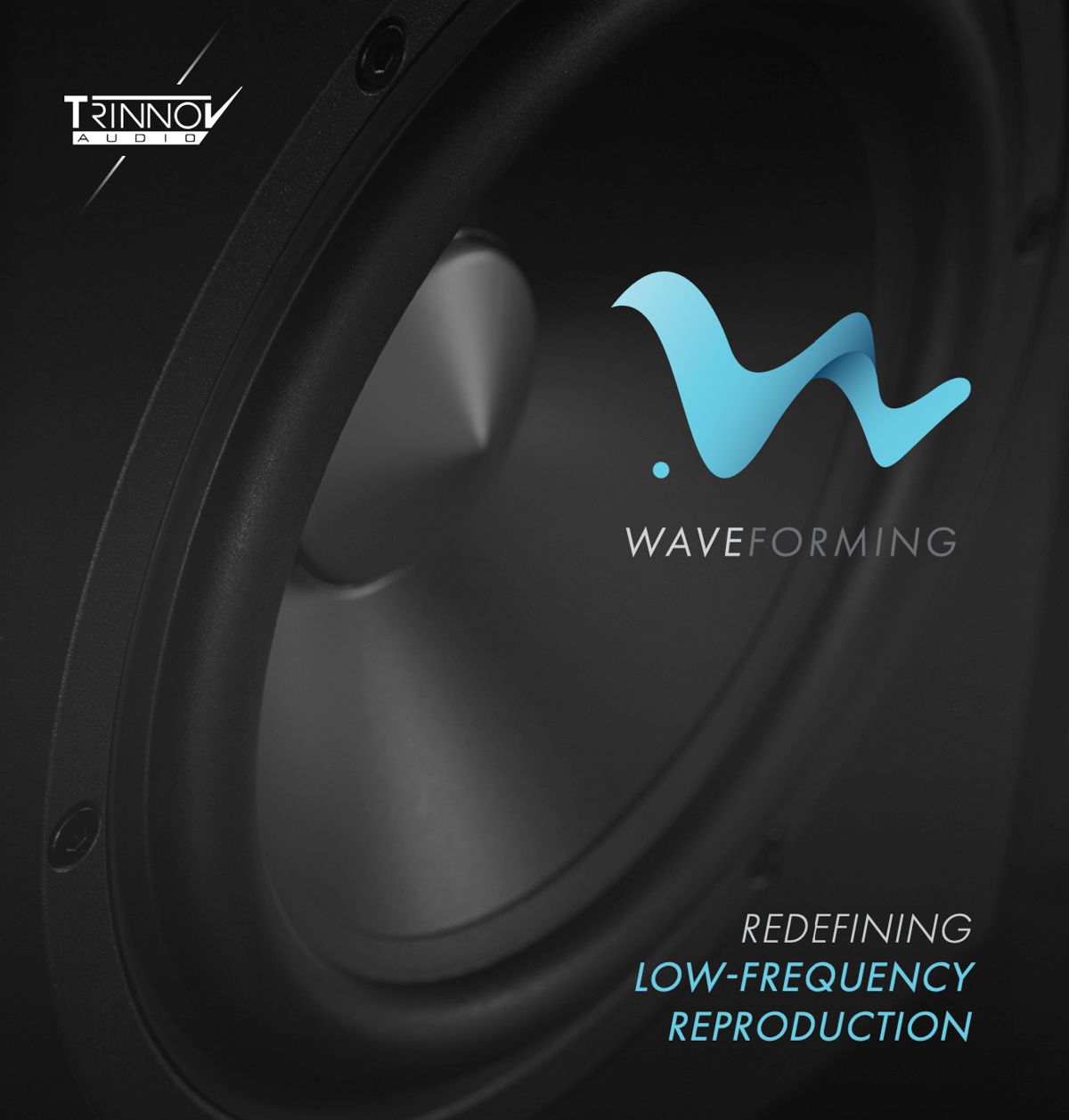
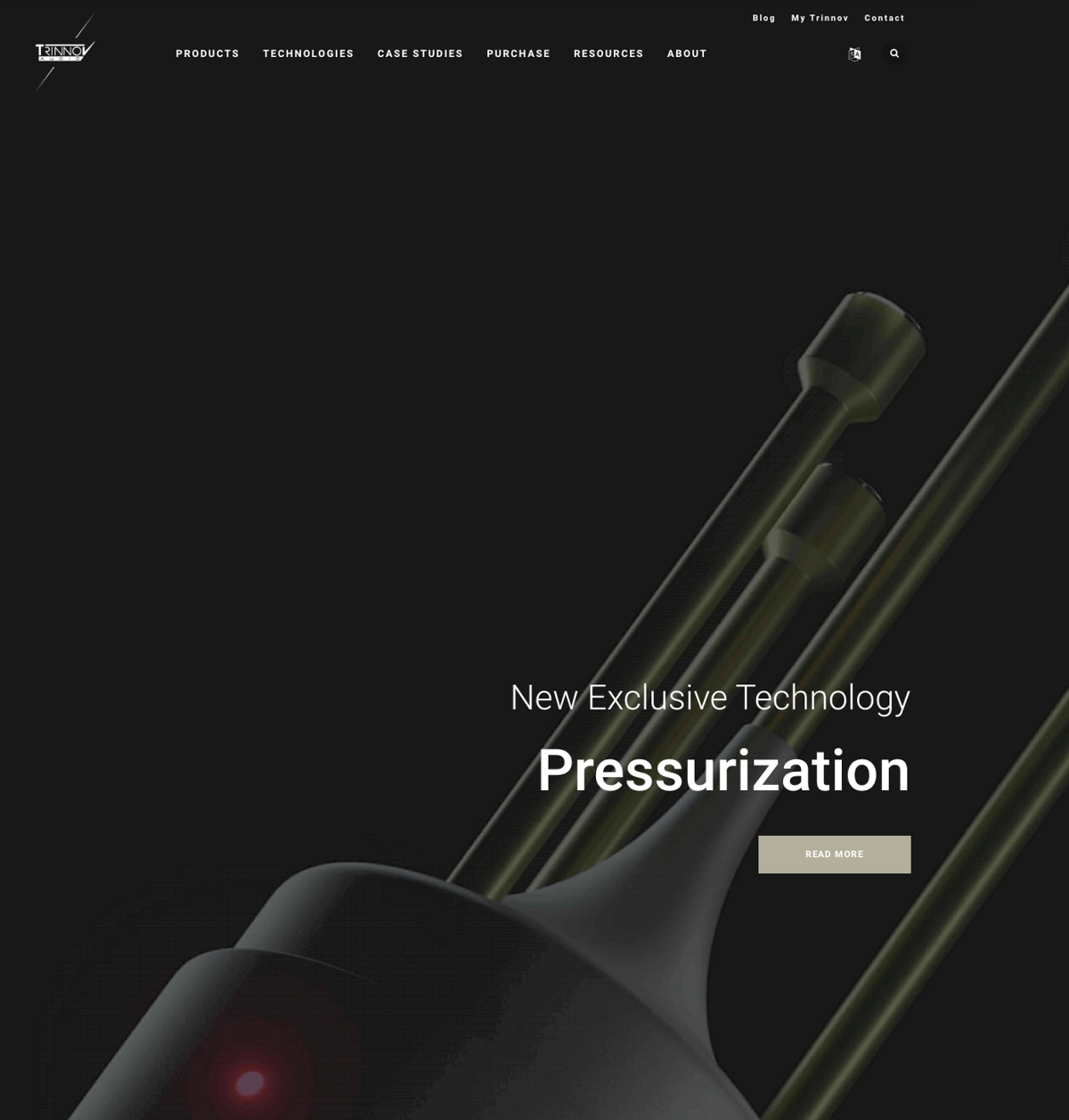
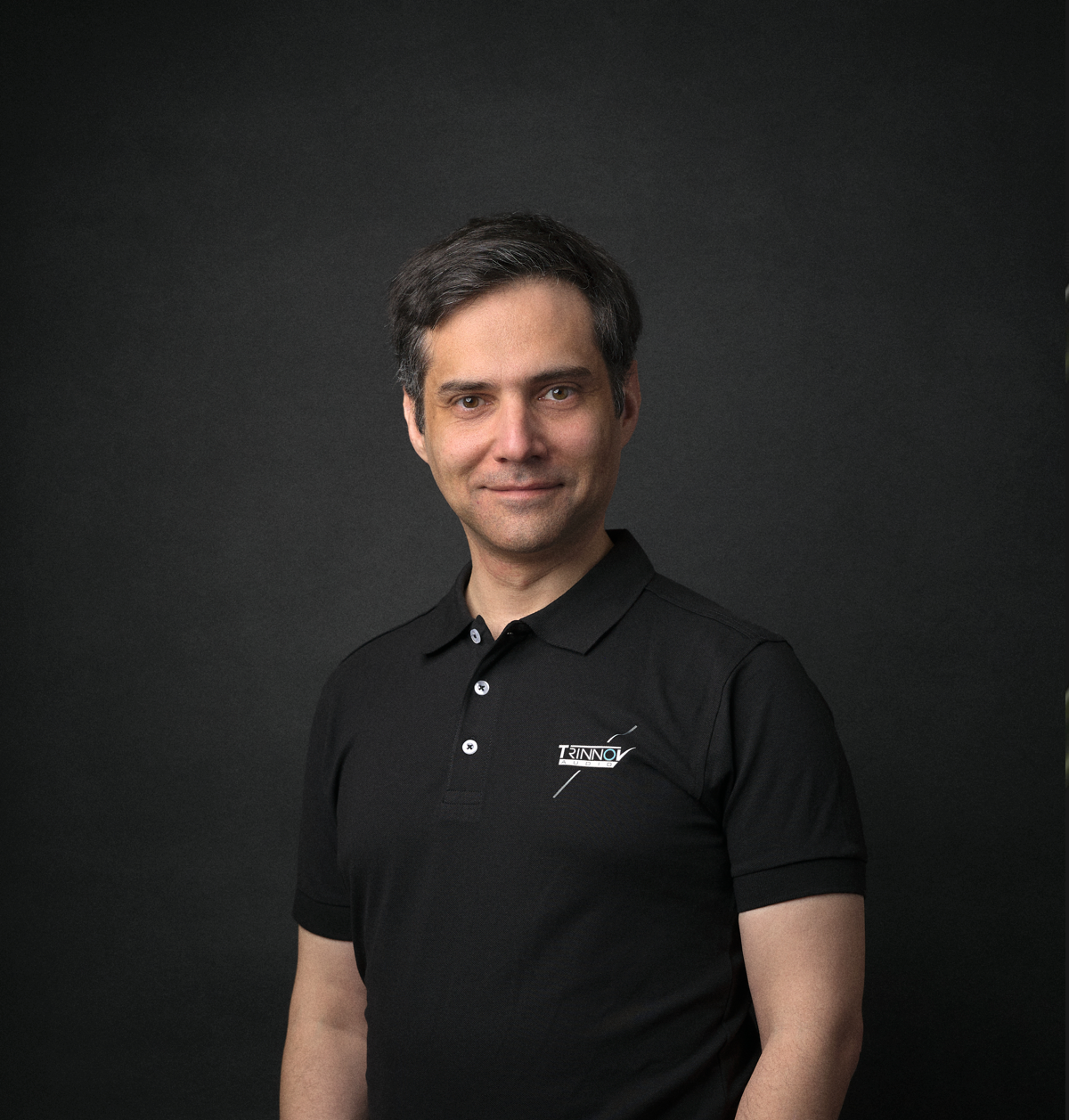
DESIGNING A WAVEFORMING SYSTEM
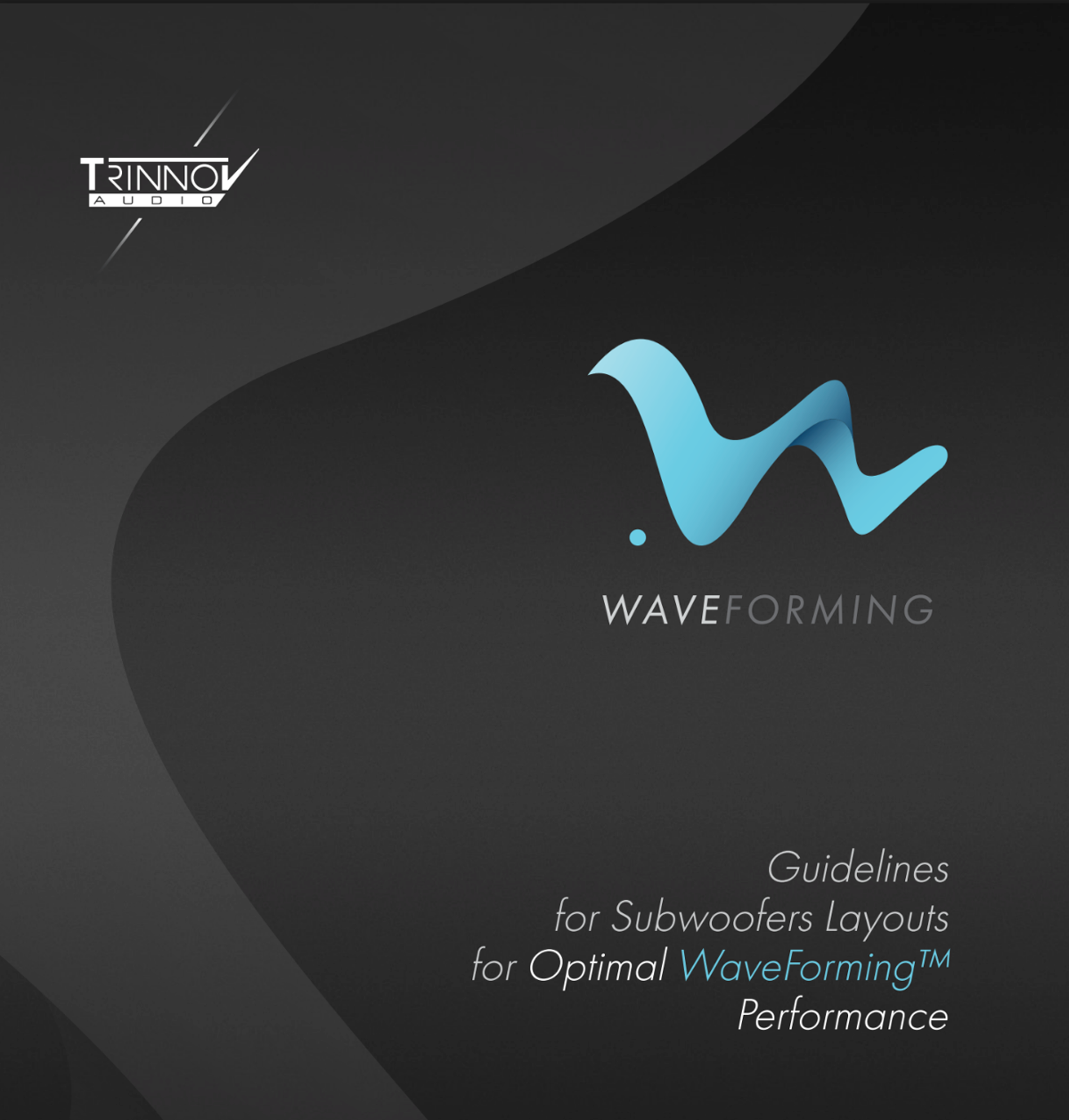
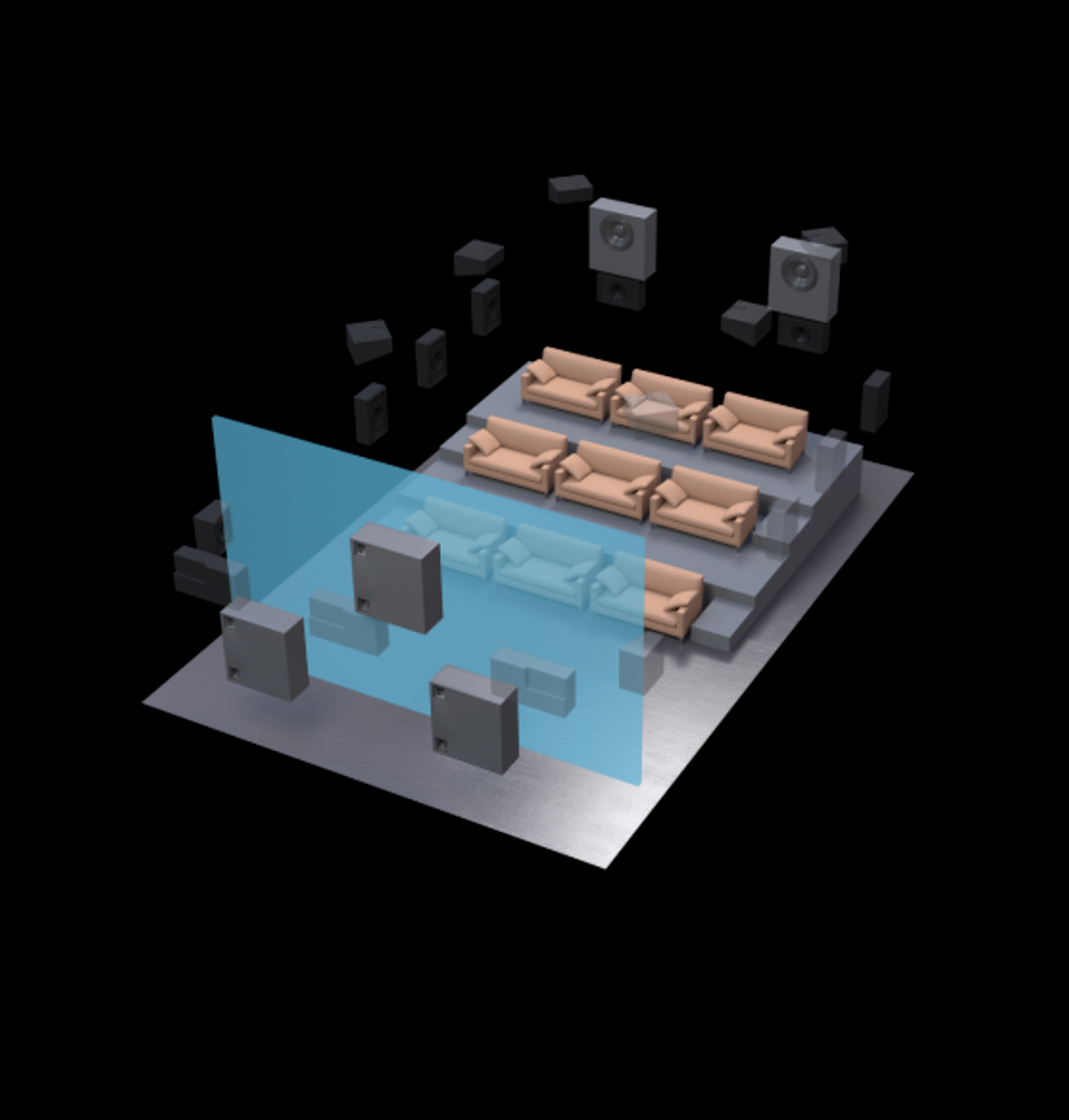
Planar WaveFront
Using flexible planar arrays of subwoofers to maximize performance
Read the Announcement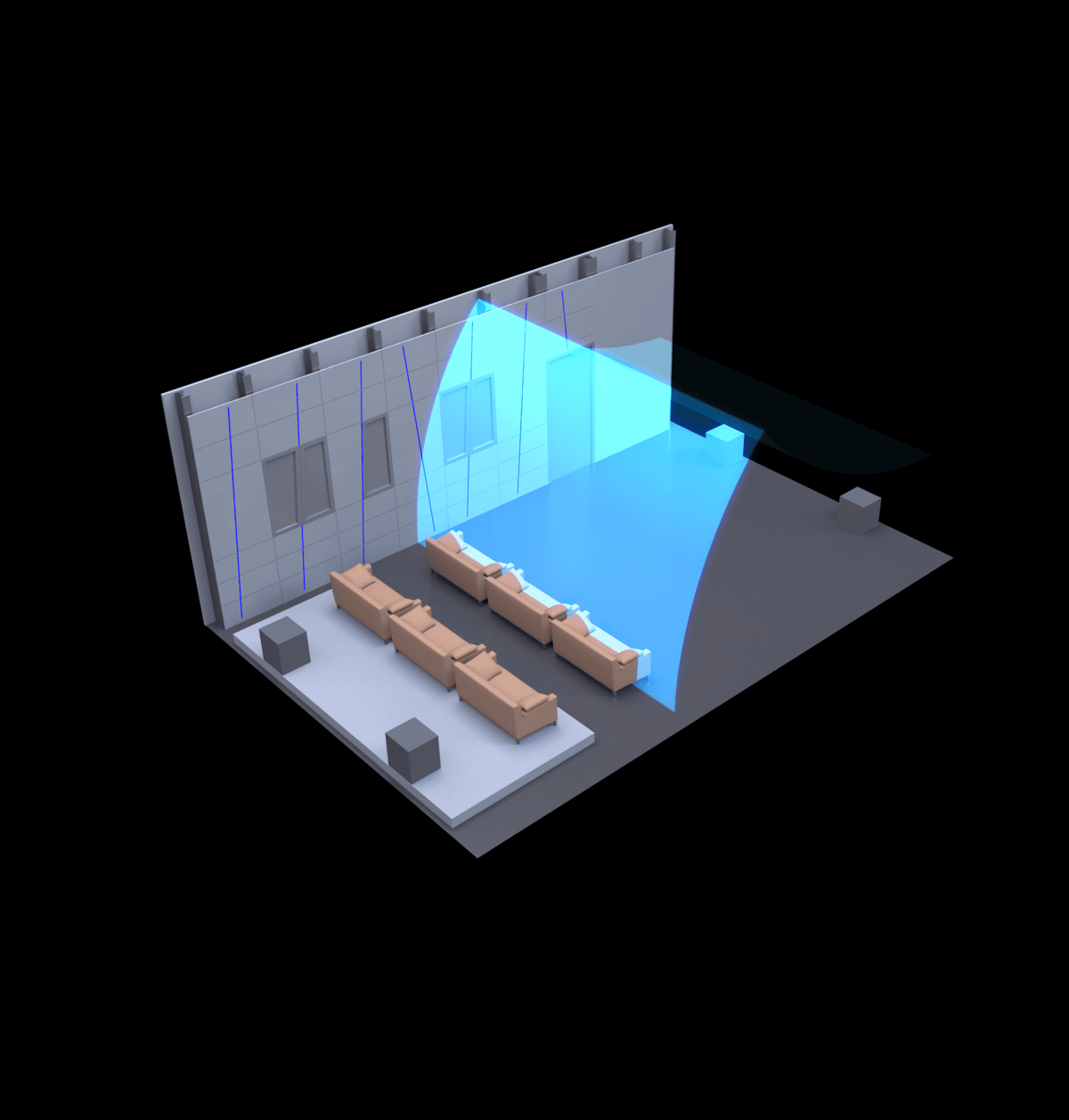
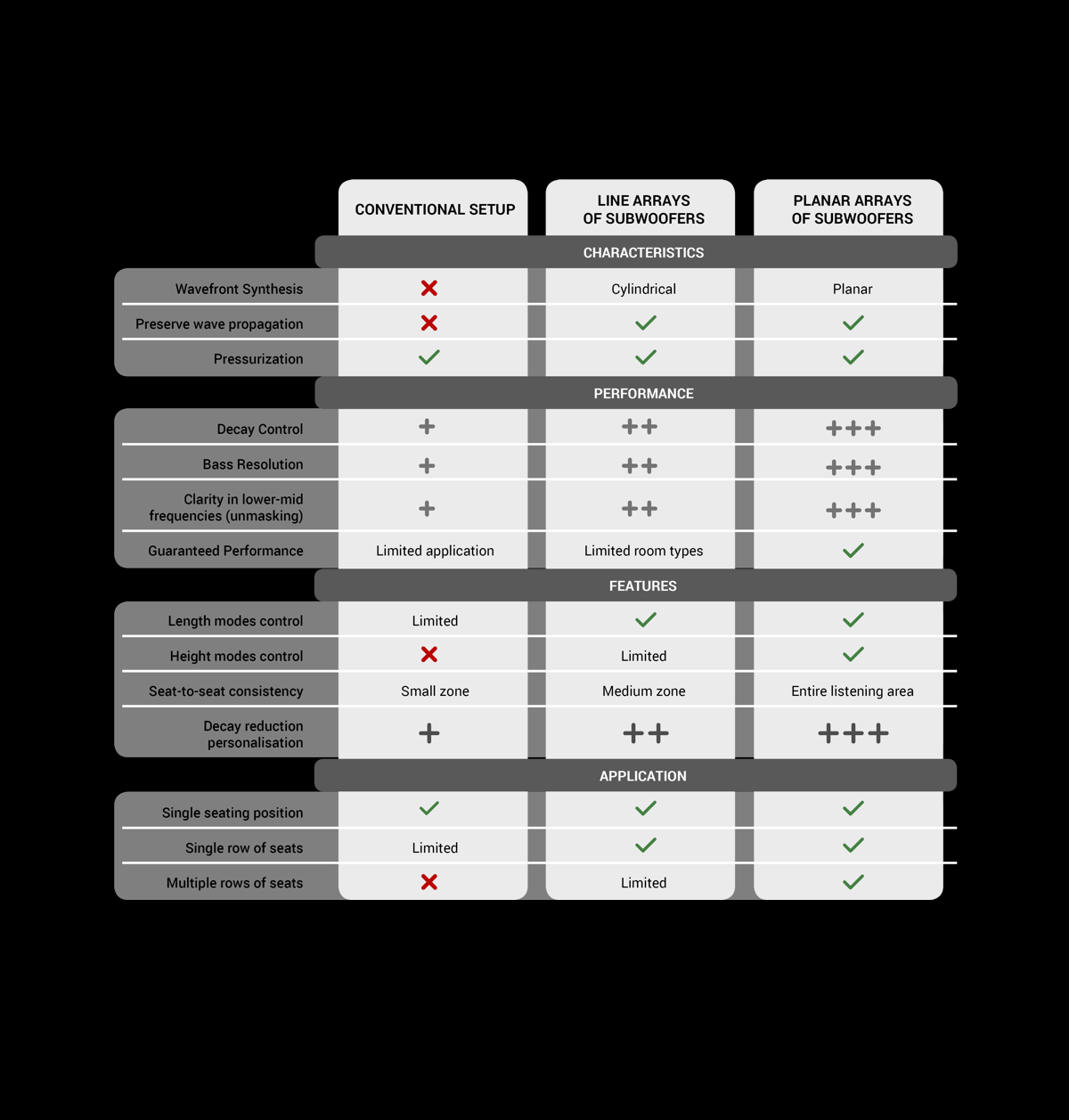
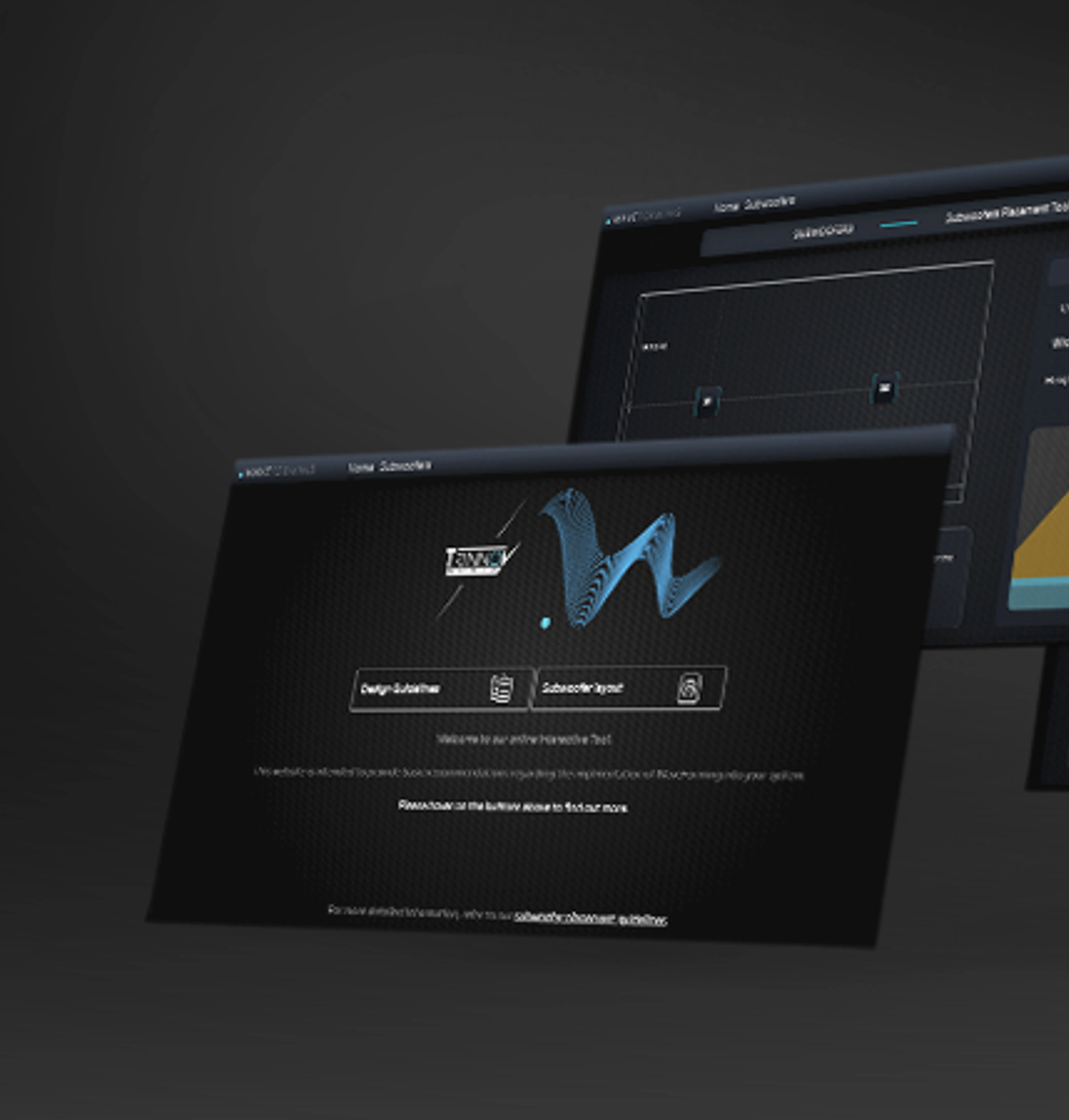

GETTING PREPARED FOR WAVEFORMING
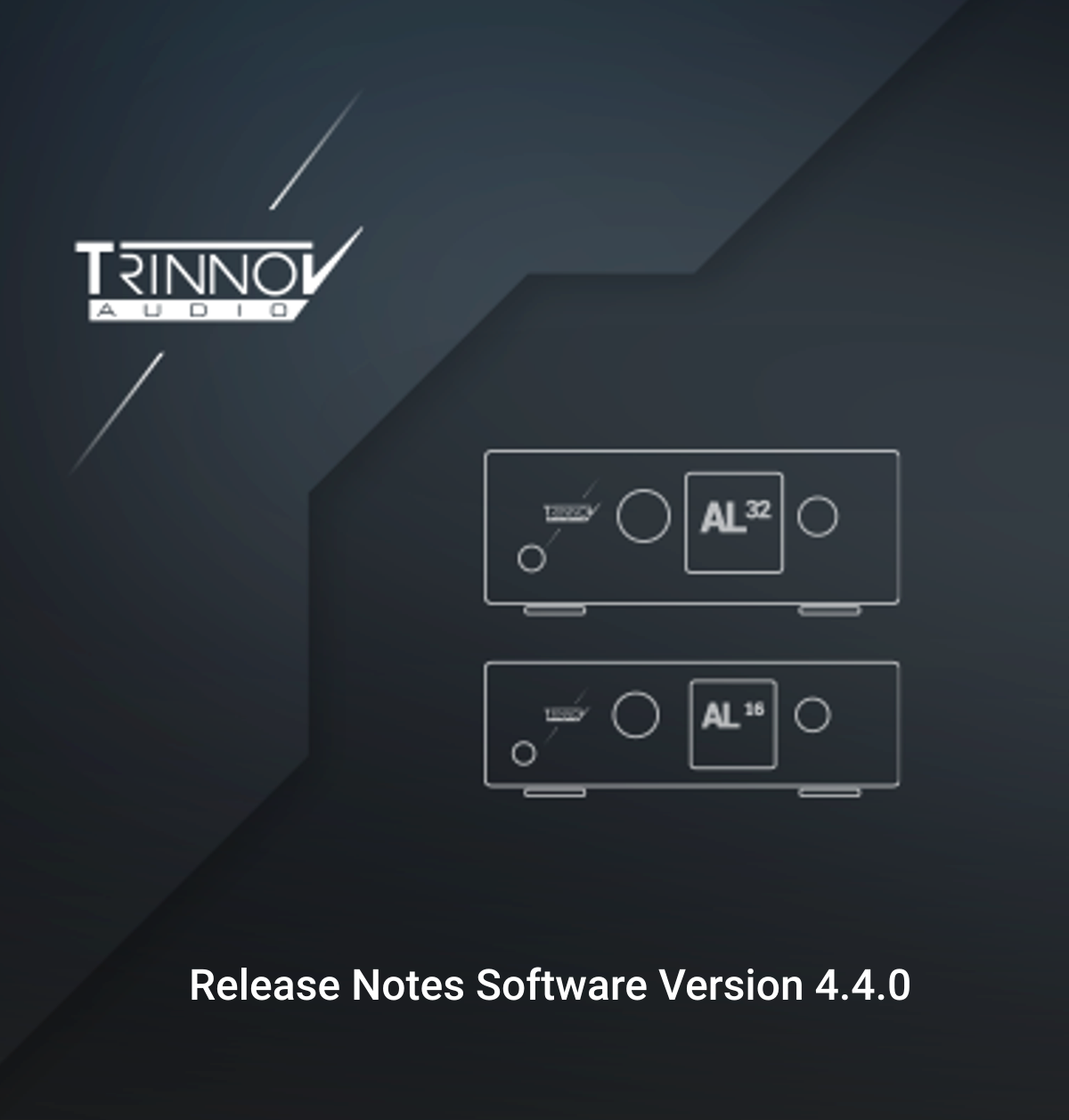
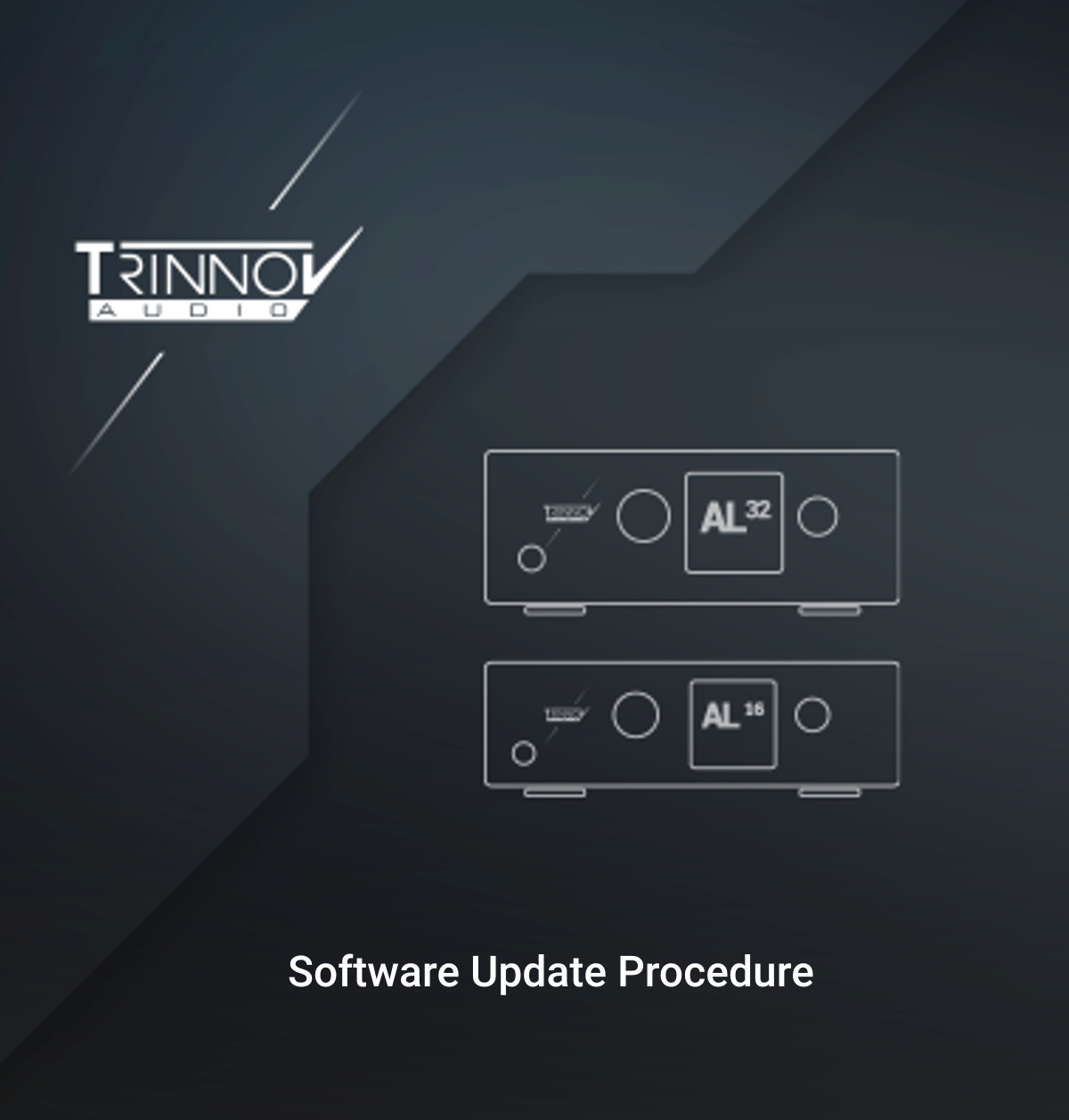
Software Update Procedure
Document explaining how to update the software of your Altitude.
Read the ProcedureWAVEFORMING STEP BY STEP
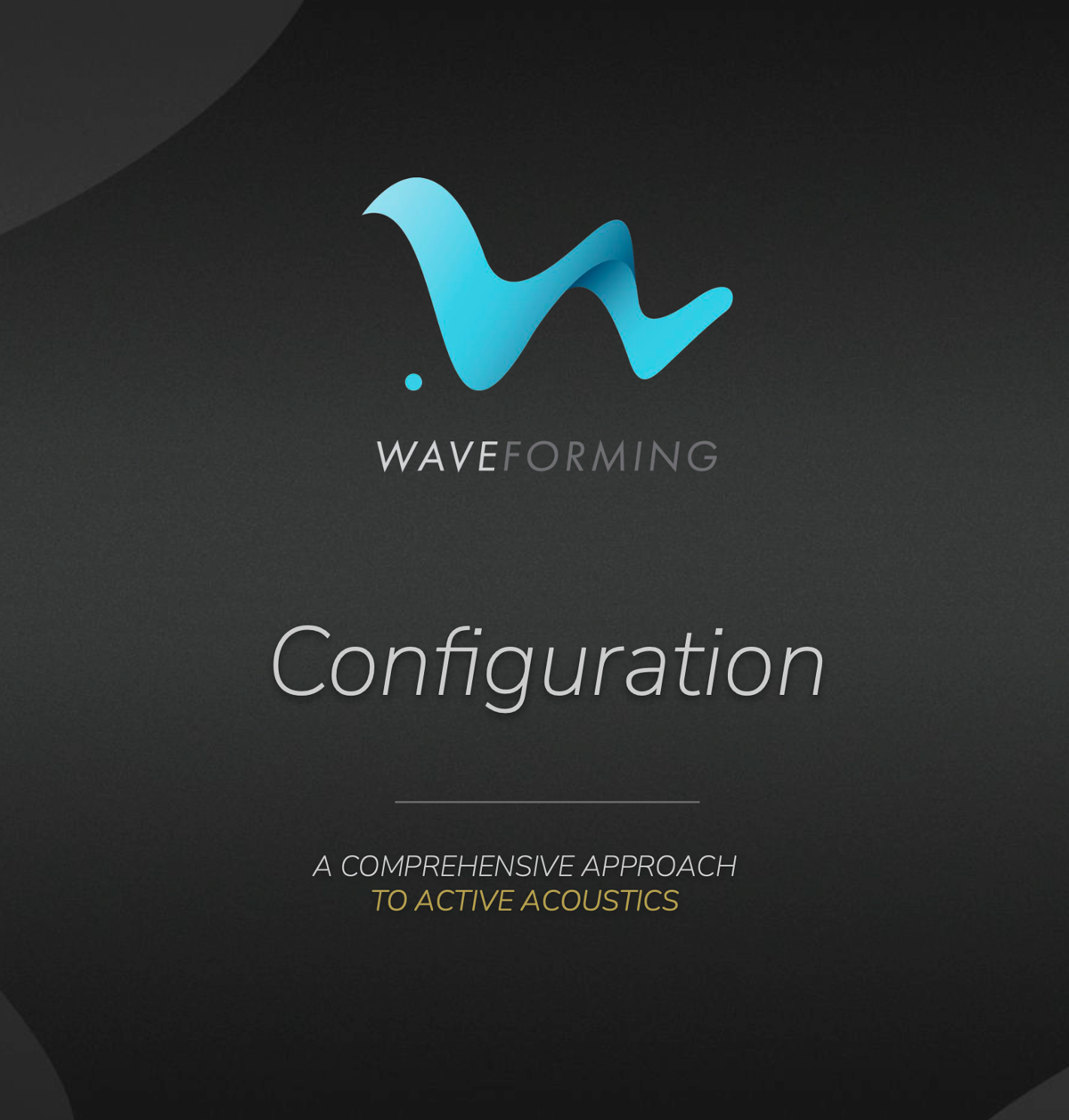
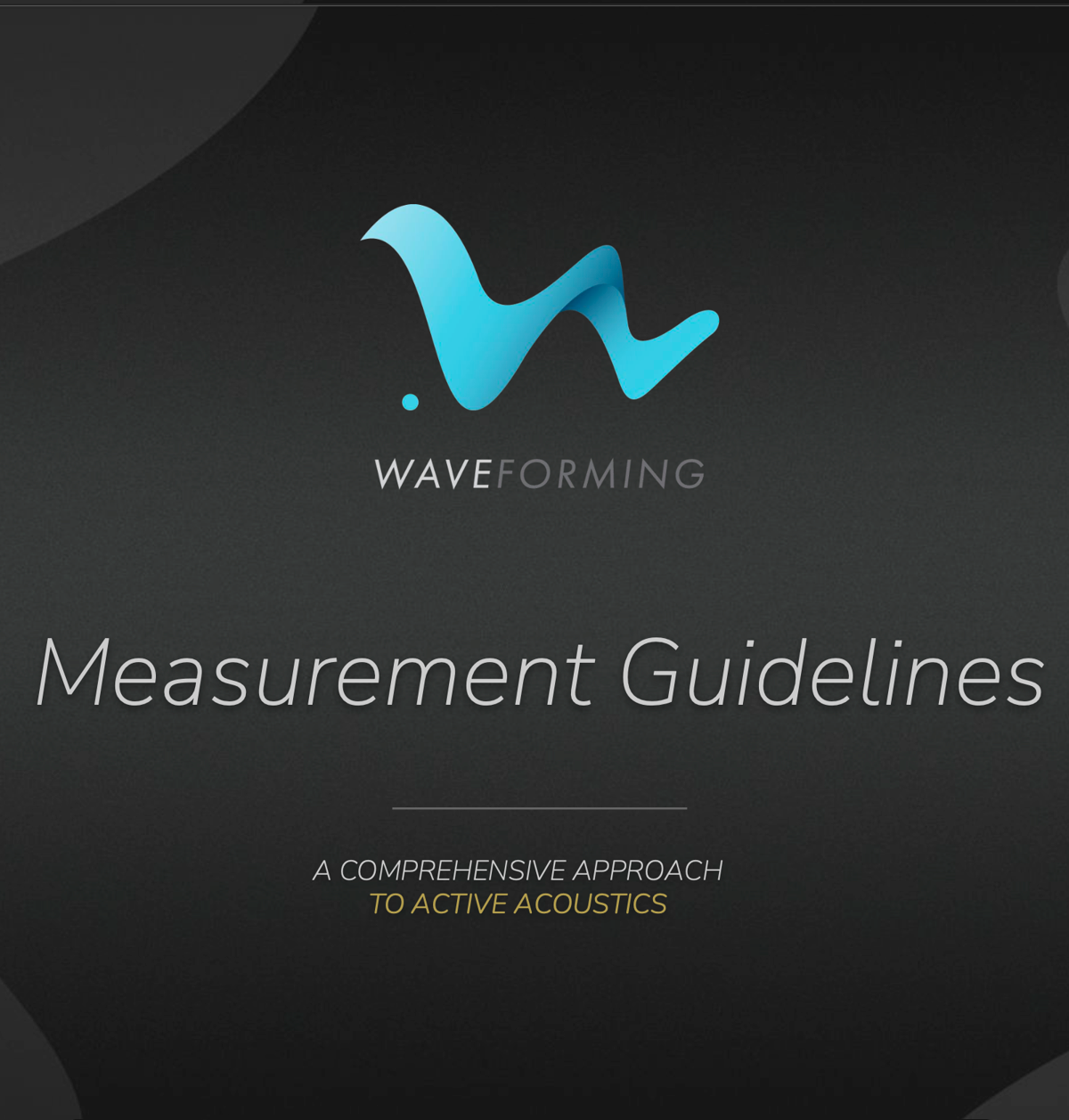
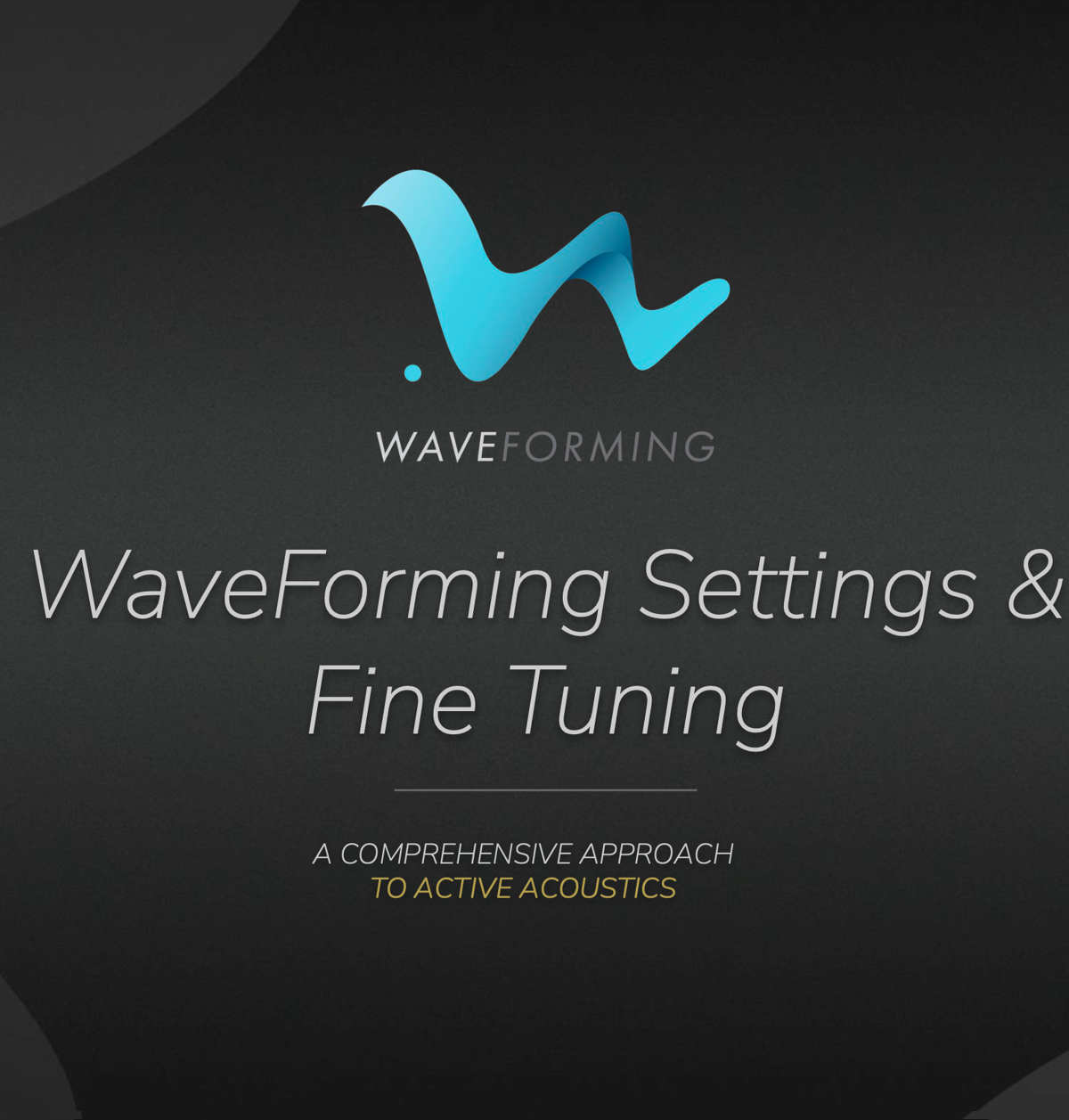
WaveForming Request
Discover our exclusive immersive trailers
Available now in Dolby Atmos, Auro-3D & DCP!




